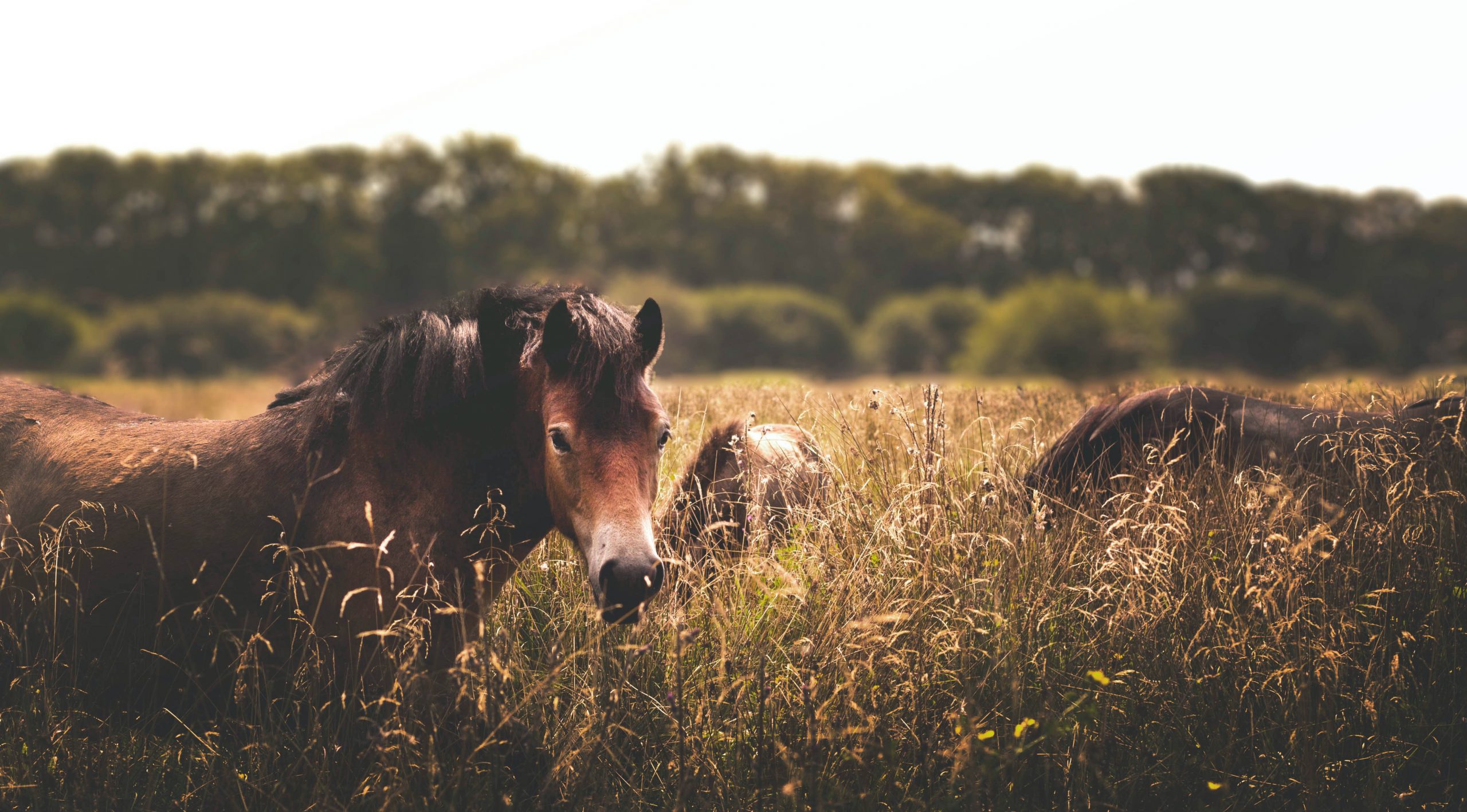Effects of large herbivores on fire regimes and wildfire mitigation

Rouet-Leduc et al. 2021
A recent study in Journal of Applied Ecology has shown that the presence of large herbivores, such as domestic livestock, wild and semi-wild herbivores, within landscapes can prevent and mitigate wildfires, particularly in areas facing land abandonment. Rouet-Leduc et al. found that herbivores can provide a cost-effective nature-based solution, that in some instances can replace the need for firefighting or mechanical vegetation removal.
In many regions, rural depopulation and large-scale land abandonment driven by socio-economic factors is leading to increased vegetation within landscapes and the loss of natural firebreaks. This increases the risk and severity of wildfire outbreaks while also requiring more investment in manual vegetation removal and firefighting capacity.
The study, conducted as part of the project GrazeLIFE (LIFE-Preparatory project on request of and co-financed by the European Commission), coordinated by Rewilding Europe, examined whether large herbivores reduce fire-prone vegetation and therefore the impact of wildfires through a systematic review of studies that investigated links between herbivores, fire hazard, fire frequency and fire damage. Through this the researchers also identified suitable management that can achieve fire mitigation objectives while providing other ecosystem services.
The findings included the most effective reduction of fuel load by mixed feeder herbivores, when grazing and browsing herbivores are combined, and when herbivore food preferences match the local vegetation. In some cases, the combination of herbivory with other management strategies, such as mechanical clearing, remains necessary to reduce wildfire damage.
The study concluded that as areas undergoing land abandonment are particularly prone to wildfires, the maintenance or promotion of grazing by domestic or wild herbivores is a promising tool to reduce wildfire risk in a cost-effective way, while also providing other ecosystem services. Overall, policies and management promoting management with herbivores can provide nature-based solutions to reduce the frequency and intensity of wildfires and to enhance associated biodiversity and ecosystem services in a changing world.
Read the full paper ‘Effects of large herbivores on fire regimes and wildfire mitigation‘ in the Journal of Applied Ecology.




